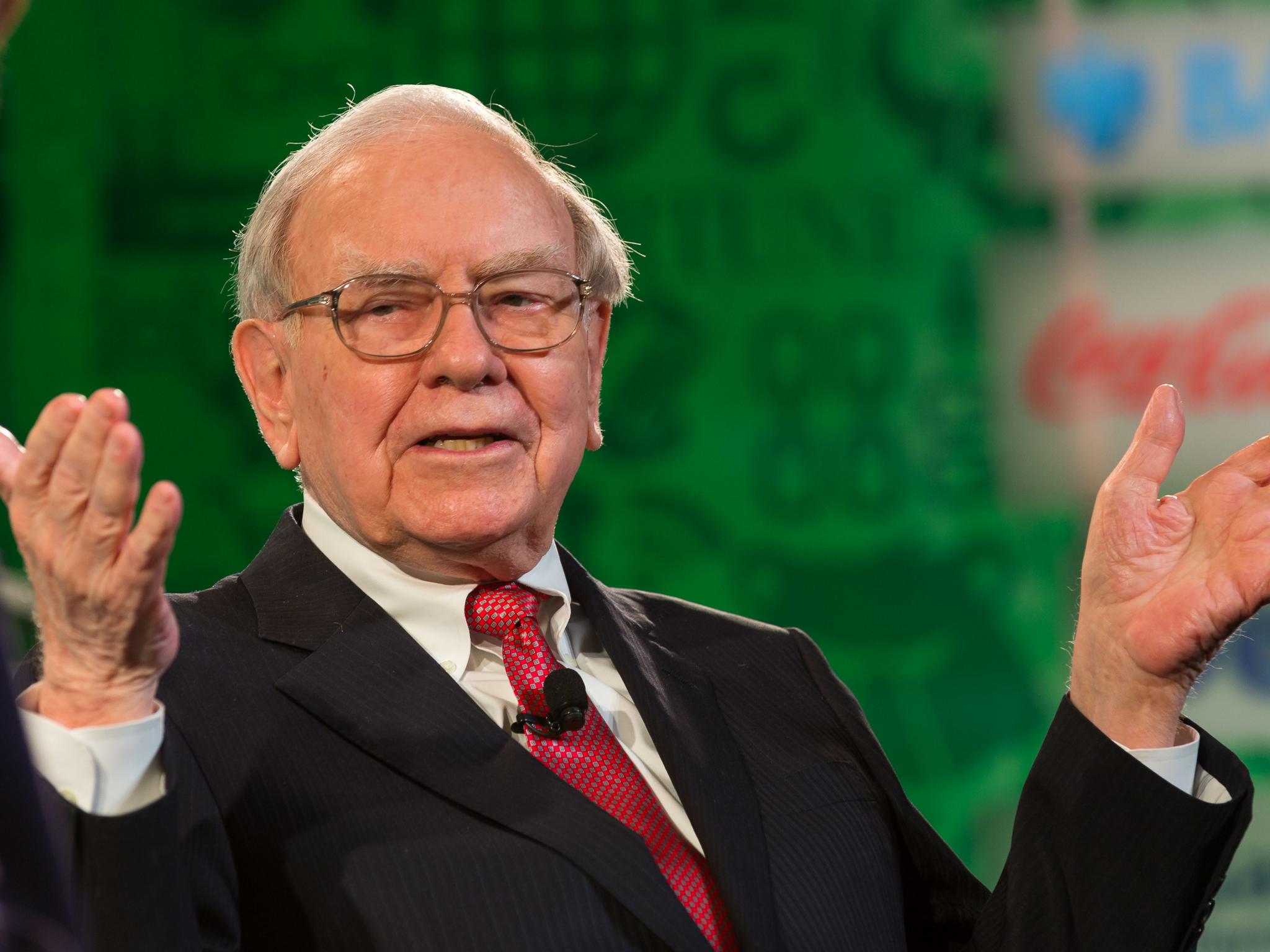
Warren Buffett’s long-term outlook on investments proved successful once again this week when Berkshire Hathaway (NYSE: BRK-A) shares closed above $500,000. If there’s one thing that’s made Buffett one of the most successful investors in history, it’s his commitment to his strategy.
A countless number of new investment techniques and algorithms have come and gone over the years, but Buffett has maintained his fairly simple strategy of picking solid companies and focusing on long-term growth while somehow ignoring the noise that sends most investors into a panic.
It may seem odd that somebody with such a disciplined long-term approach to investing has no interest in purchasing real estate, especially since it's what vice chairman of Berkshire Hathaway Charles Munger used to build his fortune.
There’s a Difference Between Buying Real Estate and Investing in Real Estate
Buffett isn’t opposed to investing in real estate and has invested in several real estate investment trusts (REITs) over the years. However, he knows it makes little sense to get into the business of being a landlord.
Buying and managing real estate is more of a business than it is an investment, and Buffett knows that his time is better spent choosing companies to invest in than it is running a real estate business.
Real estate is a tough business and one that needs to be scaled to comprise several properties in order to build significant wealth. Many individual investors get into real estate with the misconception that it’s a passive investment, and most eventually exit those properties once realizing what they’ve actually gotten into.
Investing in real estate is a different story. Passive real estate investments allow investors to reap the rewards of this profitable asset class without taking on the management responsibilities.
The FTSE Nareit All Equity REITs index has outperformed the S&P 500 in total returns during 13 out of the last 20 years, producing an average total annual return of 13.1% versus 11.1% for the S&P 500.
Many investors that have turned to the private markets for passive real estate investments have averaged even greater returns. For instance, the real estate crowdfunding platform CrowdStreet has produced an average internal rate of return (IRR) of 18.5% for investors on its fully realized deals since 2014.
Related: Real Estate Crowdfunding Returns Compared
Buying and managing real estate is a business with incredible profit potential, but it’s important to realize that it’s a business and not a passive investment. The returns realized through owning real estate are a direct result of the time, energy and money that goes into it. While that business has been the source of many great fortunes over the years, it’s just simply not a business that makes sense for most people.
You can visit Benzinga’s Private Markets Offering Screener to find passive real estate investments for accredited and non-accredited investors, with minimum investments as low as $100.
Photo: Courtesy of Fortune Live Media on Flickr







